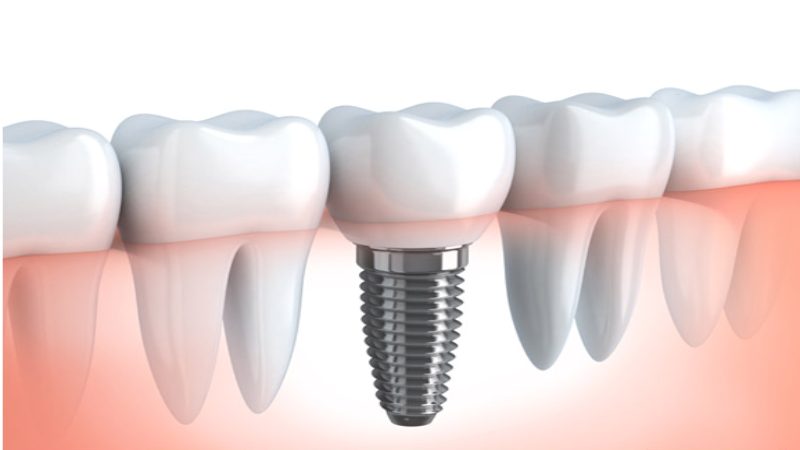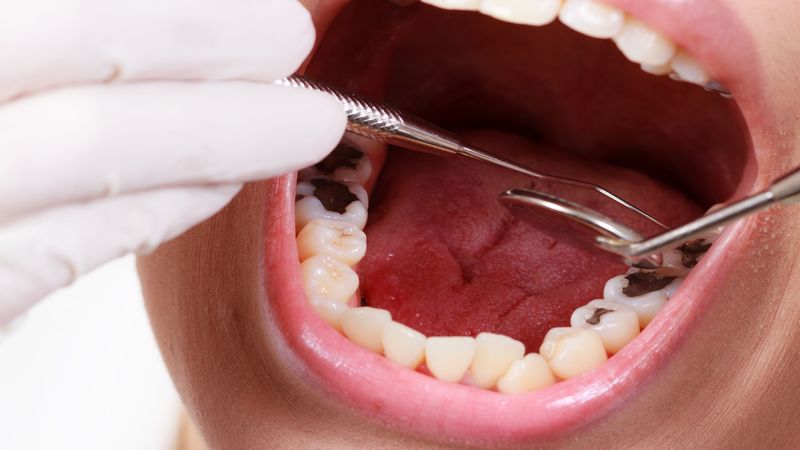If you are missing a tooth, a group of teeth, or even all the teeth in your mouth, you may have heard about implant dentistry because it is one of the leading options for long term teeth replacement today. Dentists like Robert Hankel and Chris Ehrbright, D.D.S. work with dental implant patients of all ages and with many different dental care needs. This article will tell you a bit more about the work that dentists like these do, and tell you how dental implants may be able to help you.
Dental implants are different than removable dentures or bridges because they are actually going to become a permanent part of your mouth. You won’t remove the dental implants, and they will function much the same as your original natural teeth did. There are basically two different types of dental implants, and your dentist will help you determine which works best for you.
The Endosteal implants are the most frequently chosen implant type today. These dental implants are placed within the bone. The dentist will access the bone via an incision in the gums and will then use surgical instruments like cylinders and screws to affix an implant to the jaw bone. The implant will then be topped with the prosthetic tooth. Generally, each Endosteal implant has one tooth affixed to it, but in some cases one implant might secure two teeth or even more.
The Subperiosteal implants are less common, primarily because they are a bit less secure than Endosteal implants. These implants are placed on top of the jaw bone rather than actually inside the jaw bone. The metal work moves up through the gum and is then topped with the prosthetic teeth. The gums must be very healthy and secure for this implant type, but it is a good choice for some patients who don’t have sufficient bone height to support in-bone dentures.
To determine your eligibility for dental implants, you need to consult with your dentist. Implant dentistry is usually best done in cases where the patient has good overall health, good oral health, and no periodontal disease. Your dental implants will need regular care via follow up dentist visits at least a few times a year, so make sure that you choose a dental care provider you feel comfortable with. Click here for more INFO!








